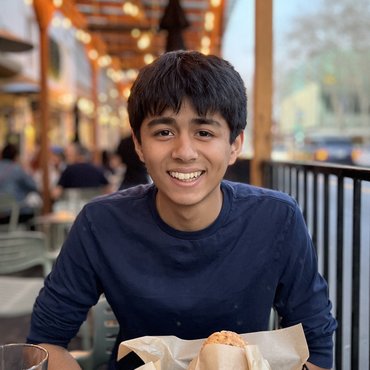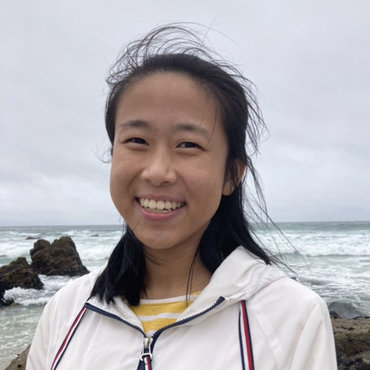
Jenn Ampey, '19
Who Tells Their Stories: Questions of Ethics and Agency at the Southern Border
The room was tiny and filled with more people than the fire code allowed. Giant cameras stood on tripods at various heights, but all of them were tall enough to block my view.
I was attending a press conference for parents looking for children who had been taken from them by Immigration and Customs Enforcement (ICE). It was only my second day of work with Hope Border Institute, a human rights advocacy organization on the southern border, but already the whirlwind that was summer 2018 had swept me up; every day brought news of changes to U.S. immigration policy and the deepening insecurity for asylum-seekers under the Trump administration. In the crowd stood reporters from the Washington Post, CNN, and Telemundo. Microphones from the newspapers and networks sat atop their cameras, pointing at ten parents sitting in a line across the front of the room. They took turns speaking.
This press conference was my first (but not last) visit to Annunciation House, a shelter for recently arrived immigrants that was quickly becoming the center of media-to-parent interaction under the outspoken leadership of the director, Ruben Garcia. Struggling to balance engagement with the media and his desire to protect the newly arrived immigrants under his care, he stood nervously at the front of the room. As reporters jostled in front of me, I realized that many of them didn't speak Spanish. On the other hand, the parents waiting to speak to us did not speak English.
Accepting the fact that I would never be able to see, I settled into my spot against a wall to listen, occasionally glancing up at the camera monitors overhead to get a picture of who exactly was speaking. My supervisor, Edith, stood next to me as farm labor leader Dolores Huerta arrived to take the seat that we were saving for her in the back. She lasted about five minutes of not being able to see anything before she stood up and made her way quietly through the crowd to the front, where she could look directly into the faces of the parents.
A father spoke emotionally about missing his son, eventually breaking down and sobbing at the table, while Ruben's hand rested on his shoulder. In that moment, I noticed something that would preoccupy me for the rest of the summer. As the man cried harder and harder, the sounds of hundreds of camera shutters filled the air. It was a hot day, but I felt a chill crawl down my spine. Bile rose in my throat, and I turned my head away. For the rest of the press conference, I stared at the ground and tried to hold back angry tears and take in everything I could at the same time.
When the press conference finished, I helped my supervisor field translation requests from reporters who only spoke English but still wanted individual interviews with the parents. Eventually, we left and walked back to the car. I slid into the passenger's seat with a migraine throbbing from the emotions of the day. A tear slid down my cheek and mixed with the sweat from Texas's harsh summer heat. Day 2 of 45.


